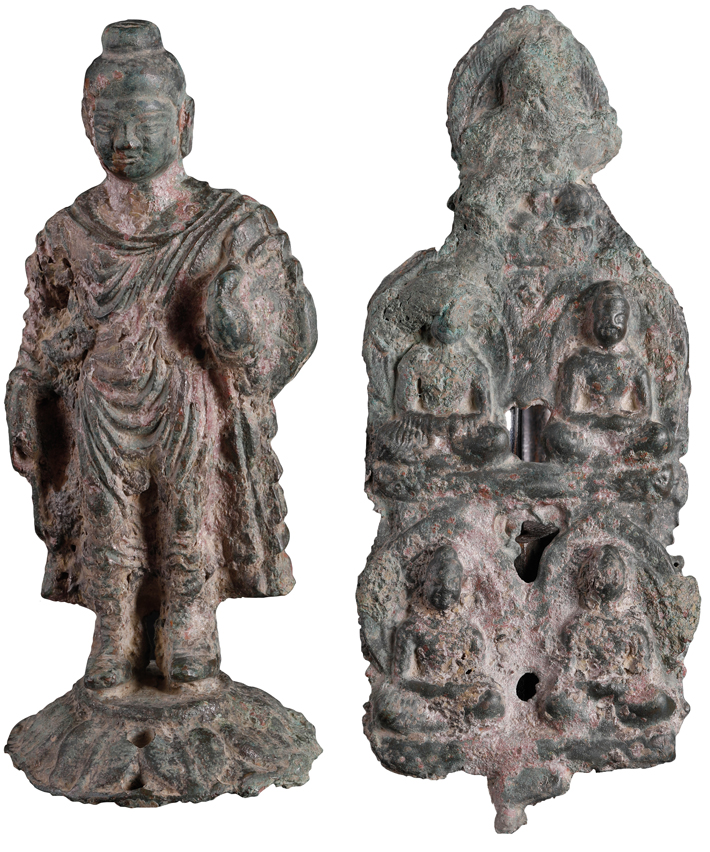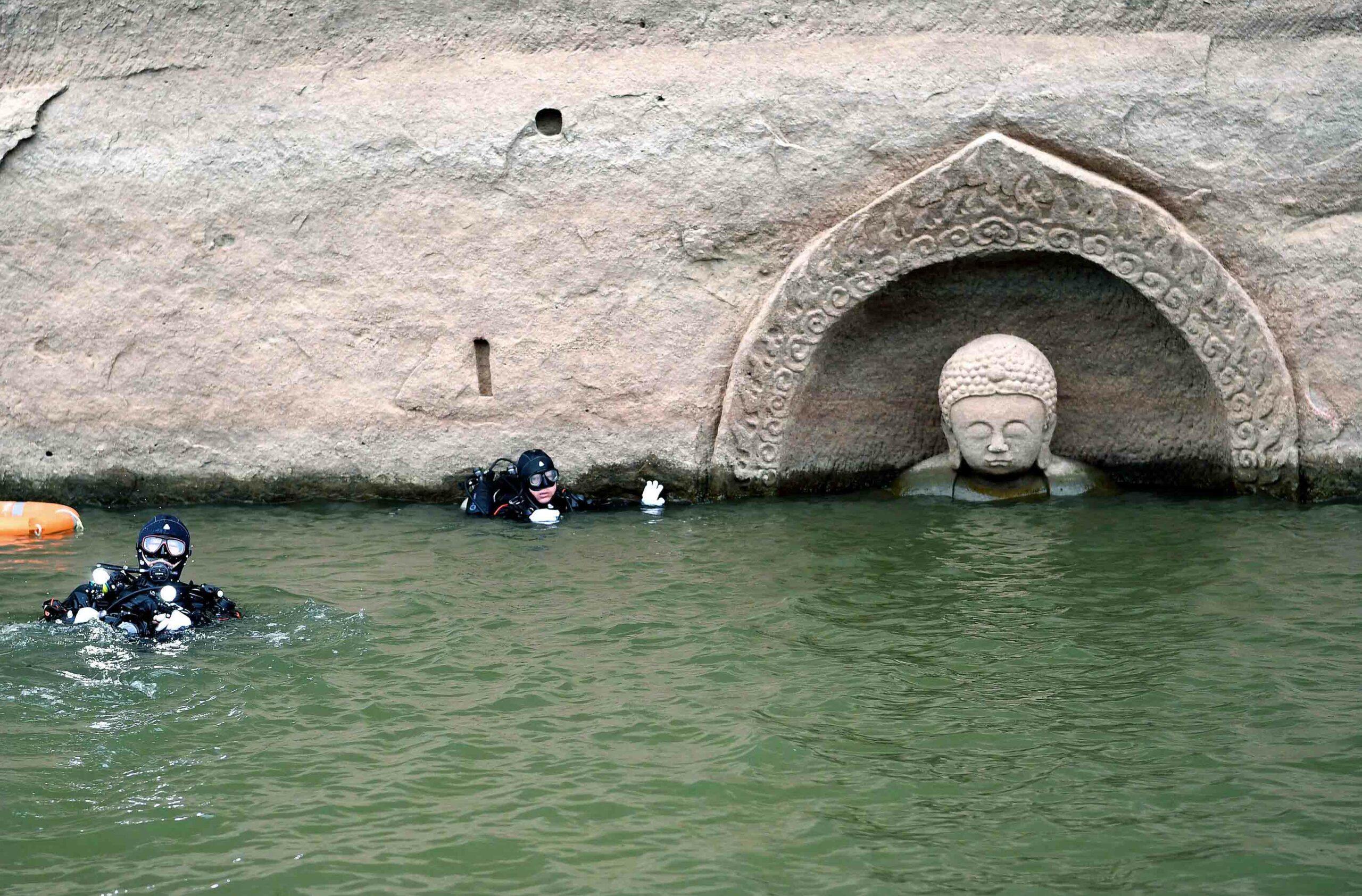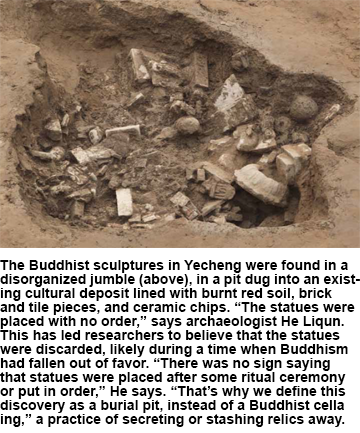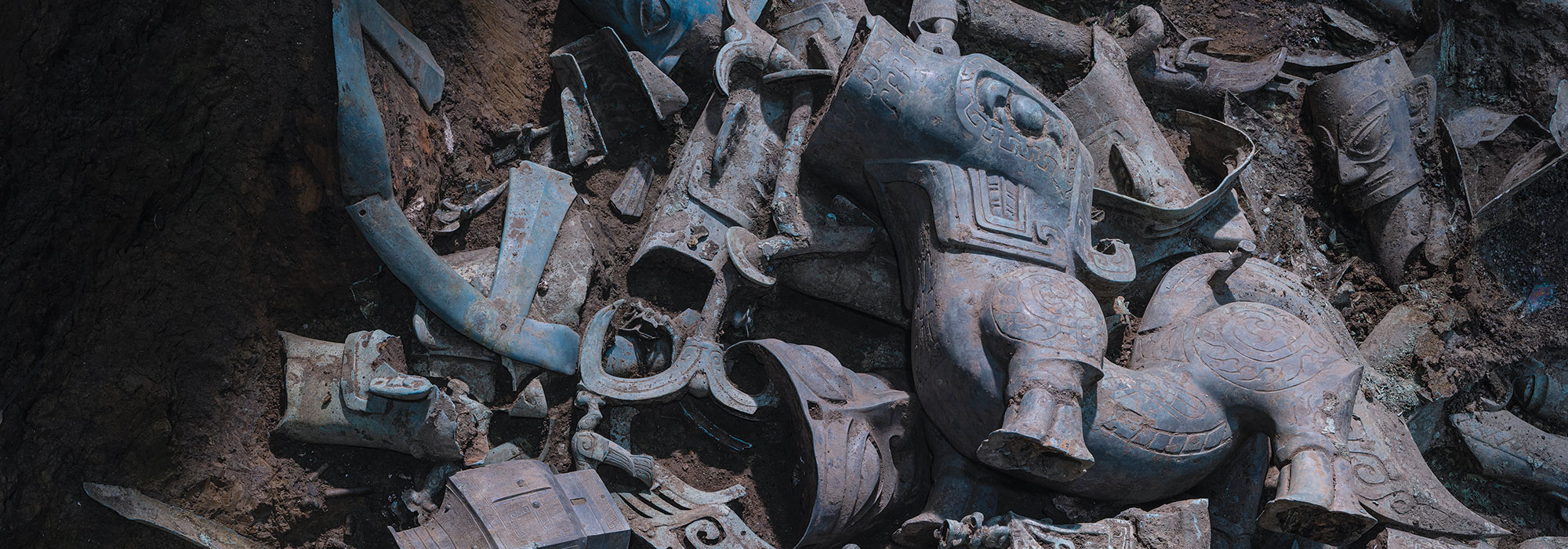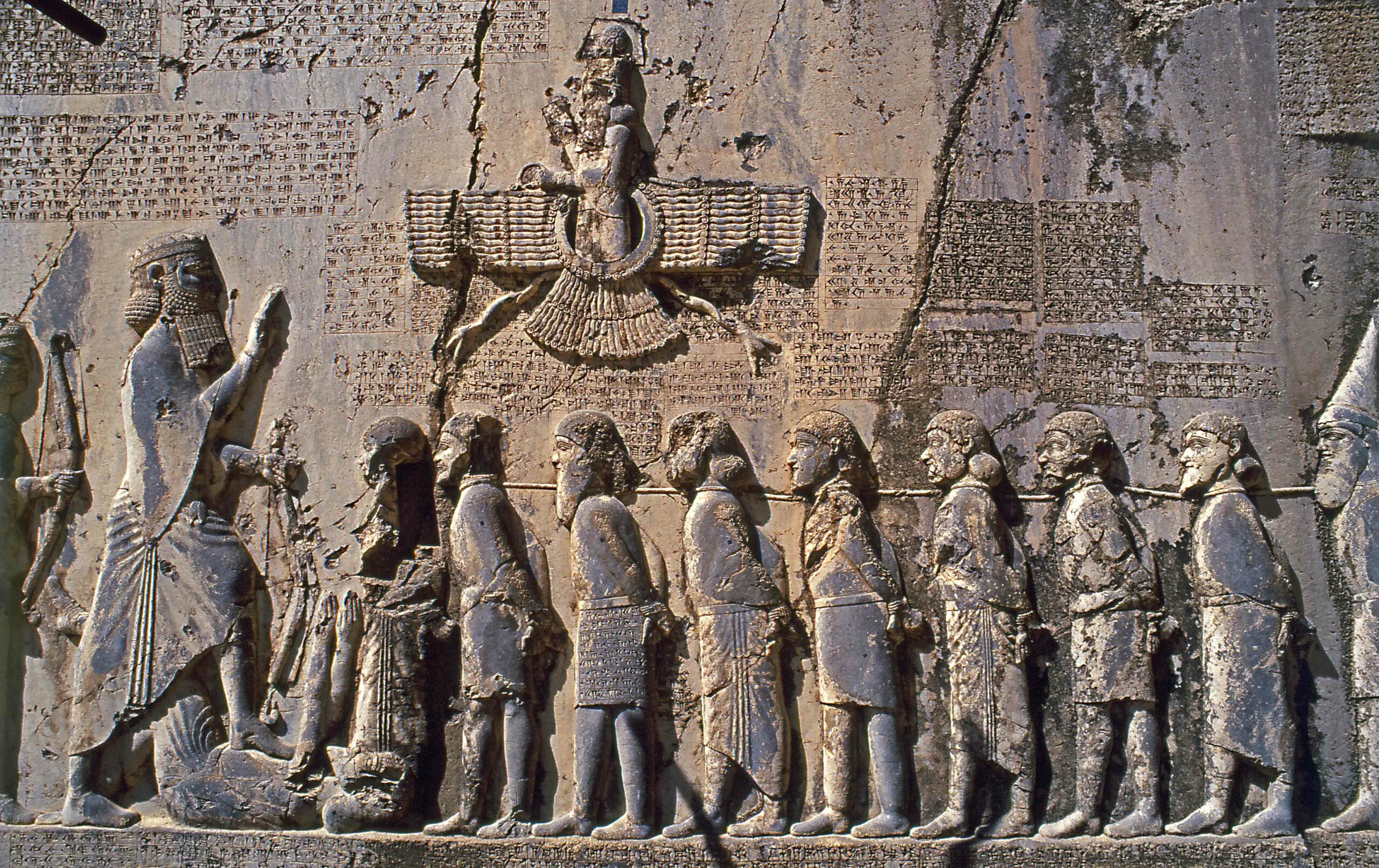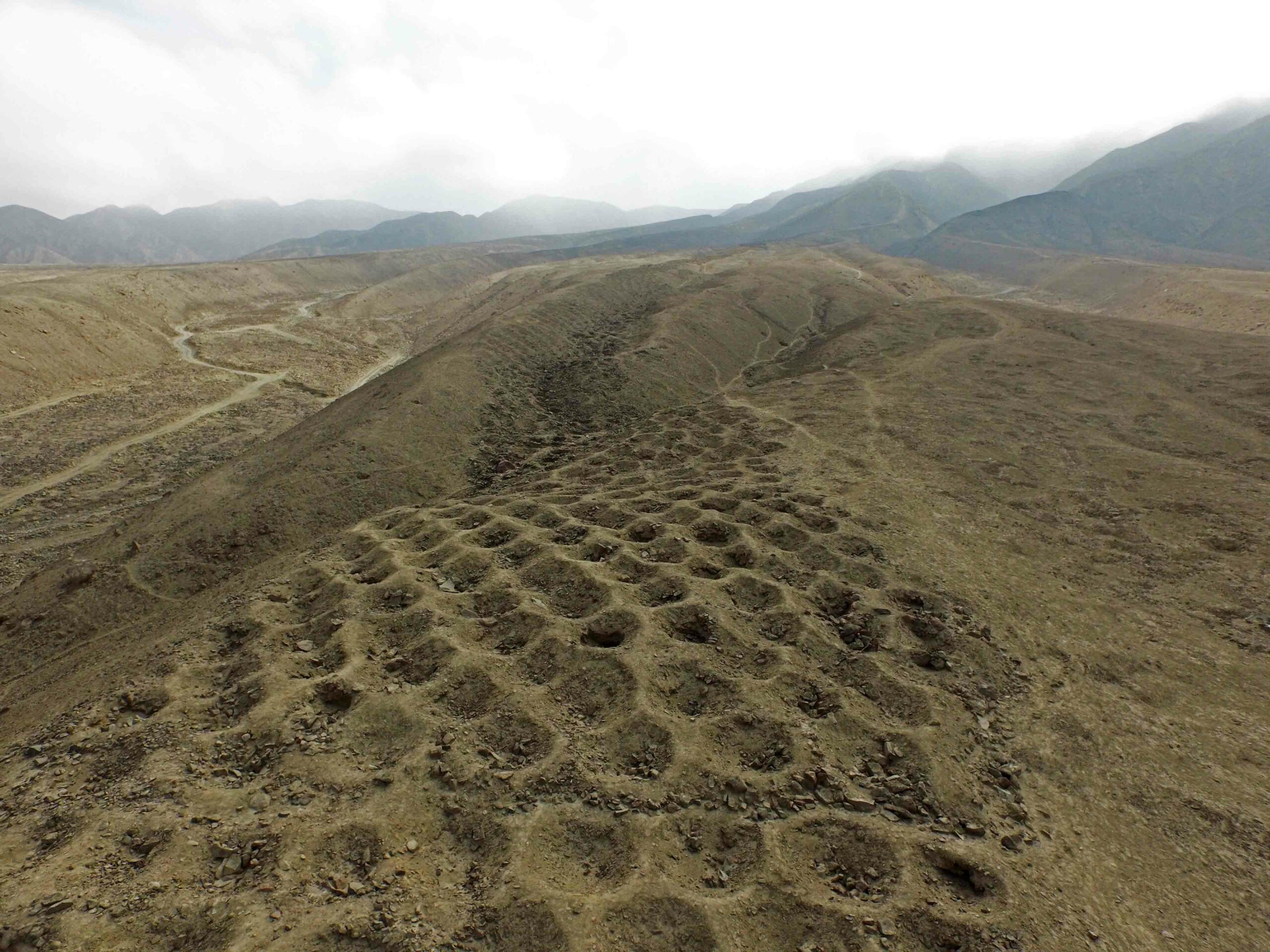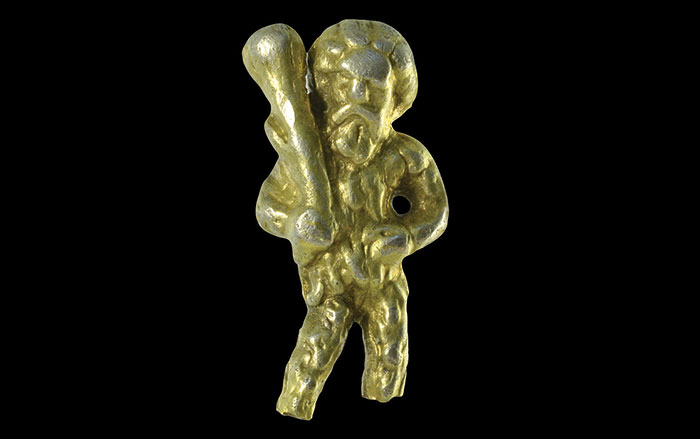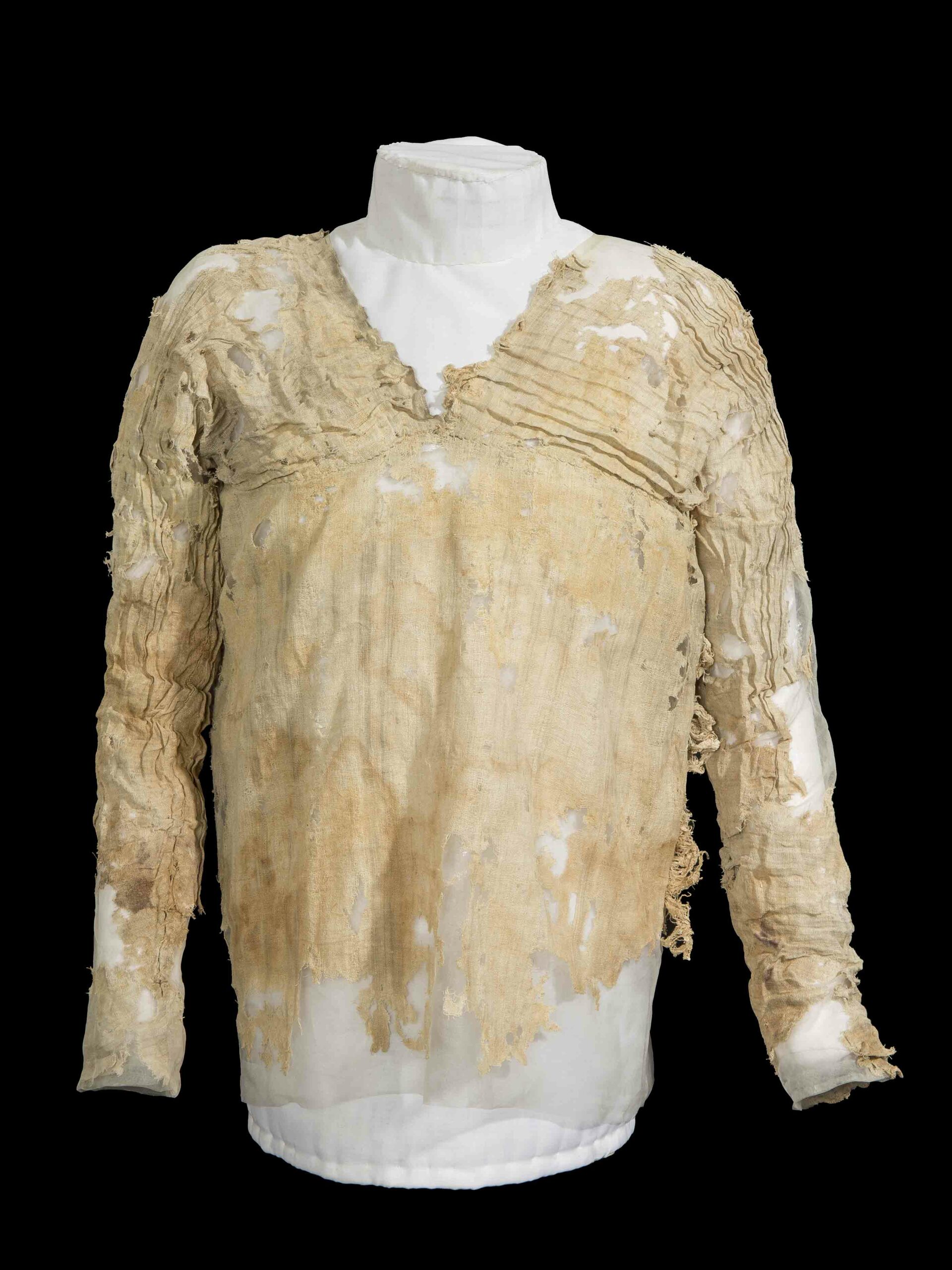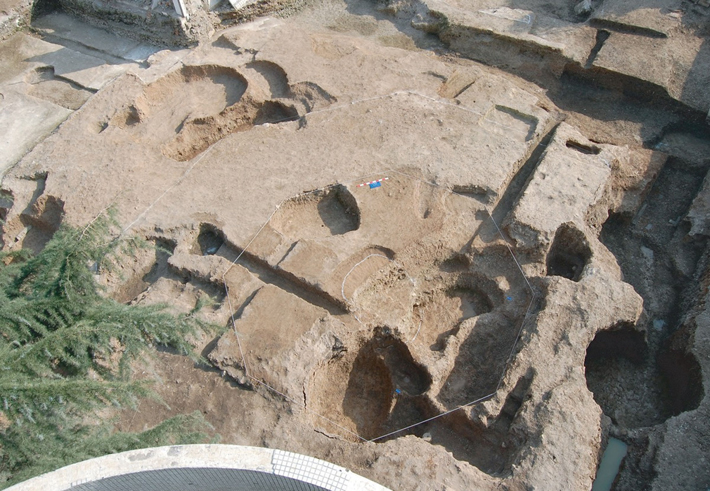
NANJING, CHINA—A skull bone that may have belonged to the Buddha, Siddhartha Gautama, was discovered in China hidden inside a model of a stupa, or Buddhist shrine used for meditation. A report in Live Science explains that the 1,000-year-old model, which measures around 4 feet by 1.5 feet, was found inside a stone chest in a crypt under the Grand Bao’en Temple in Nanjing. Inscriptions engraved on the chest explain that it was constructed during the reign of Emperor Zhenzong (r. A.D. 997-1022) during the Song Dynasty. An inscription found inside the chest explains that after the Buddha entered paranirvana, breaking the cycle of death and rebirth, his remains were divided into 84,000 shares, of which 19 were sent to China. These included the skull bone, which was found inside a gold casket, which was itself inside a silver casket. The archaeologists who made the discovery are agnostic as to whether the bone actually belonged to the Buddha. Buddhist monks have since buried the bone in another temple. For more, go to “Buddhism, in the Beginning.”


